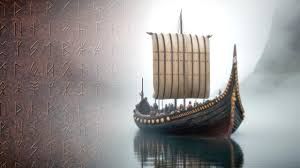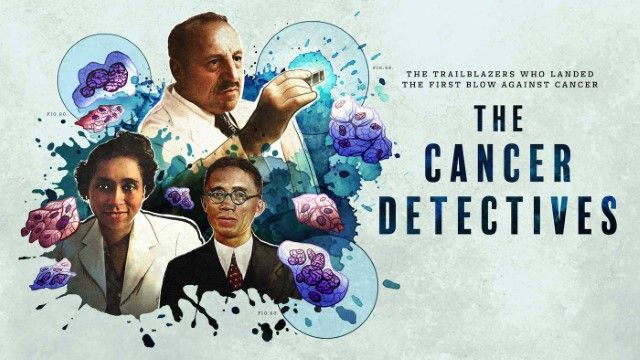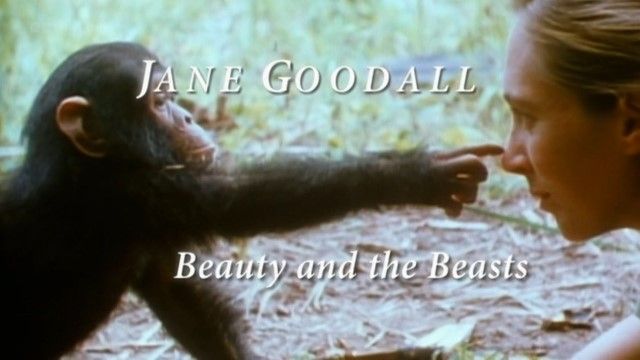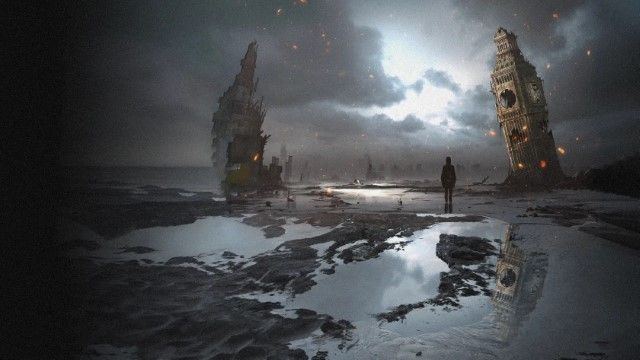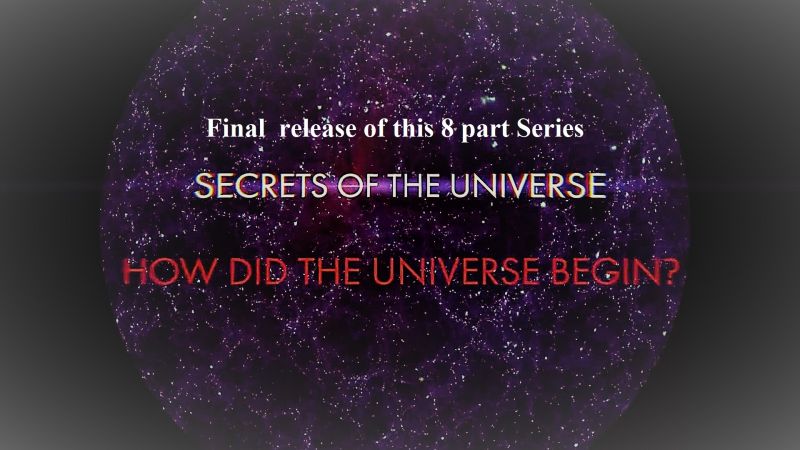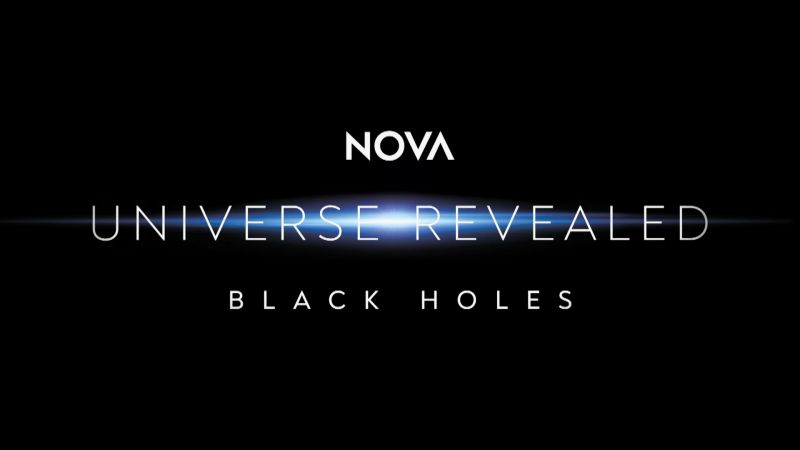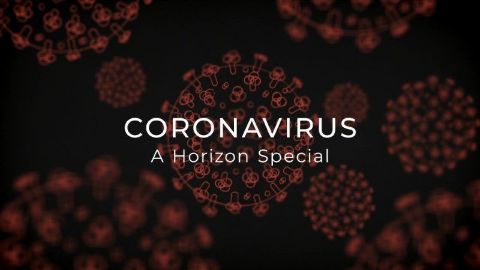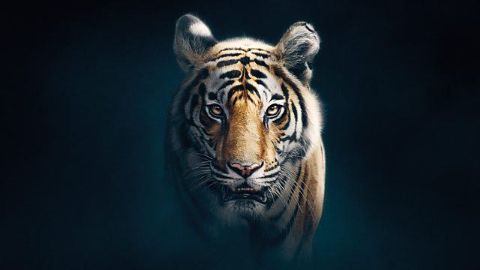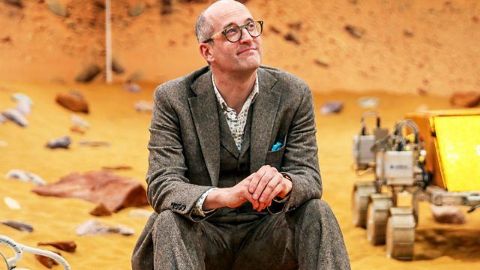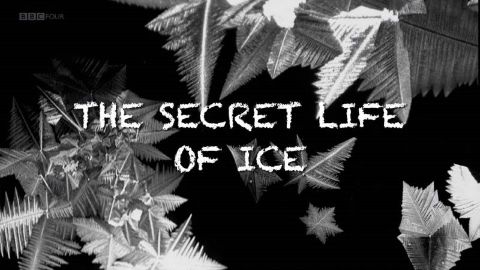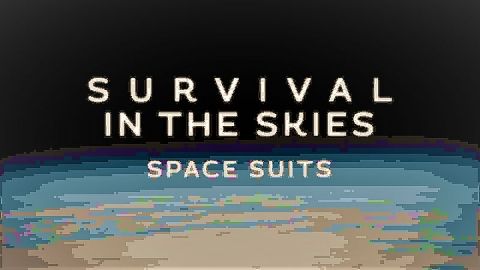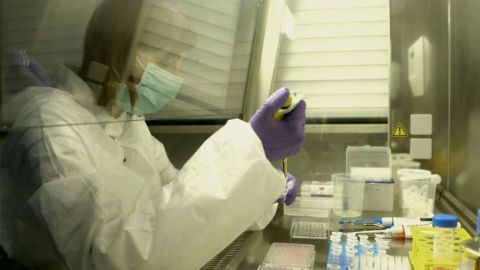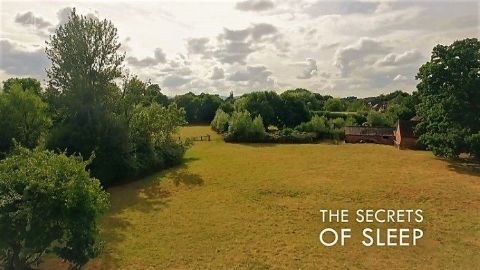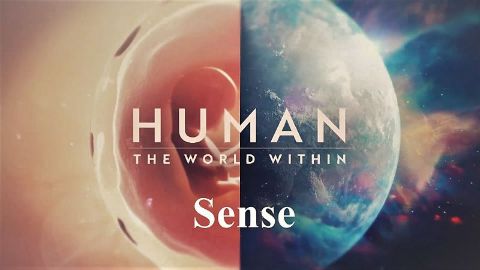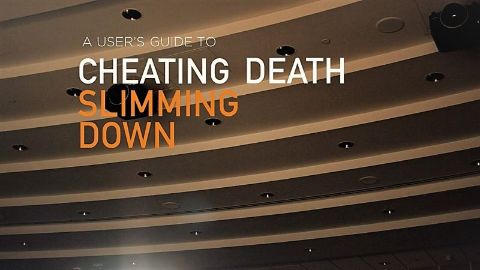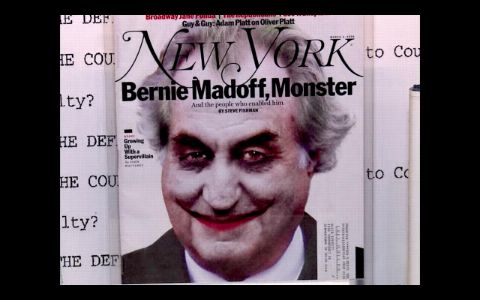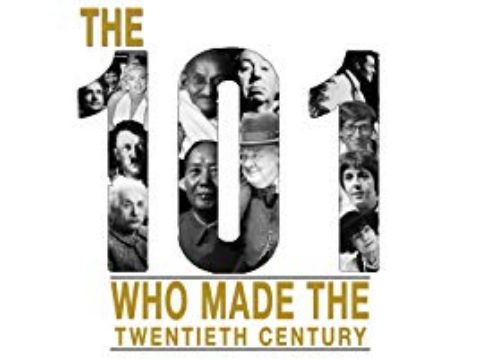Latest Documentaries
We often assume that advanced technology will make it easy for aliens to colonize space. But what if space exploration is always difficult, no matter how advanced you are? Let’s travel back in human history, to the colonization of Oceania over 5000 years ago, to find parallels between ancient explorers and extraterrestrial civilizations.
In a Nutshell • 2024 • Astronomy
The mid-10th-century reign of Harald Bluetooth as king of a newly unified, powerful and Christianized Denmark marked the beginning of a second Viking age. But the reign was not to last with the Normans finally winning the English Kingdom in 1066. We look at the final days of the Viking empire.
S1E6 • Vikings: The Rise and Fall • 2022 • History
Political turmoil in Norway leads a voyage of discovery west. The Vikings discover Iceland where they established lasting settlement. Further exploration from Iceland leads to the discovery of Greenland and to the shores of Newfoundland, making them the first Europeans to discover America.
S1E5 • Vikings: The Rise and Fall • 2022 • History
The siege of Paris in 885 was the culmination of the Viking invasions of Francia. We look at the persistent Viking attacks on Francia and the enduring presence of the Scandinavians on the Frankish Empire and beyond.
Vikings: The Rise and Fall • 2022 • History
The "Silk Road" opened up a world of trade for the Scandinavians in the East. Seeking further wealth, the Vikings known in the East as "the Rus" attacked Constantinople in 860. The Rus became a permanent and feared fixture in the Byzantine Empire.
S1E3 • Vikings: The Rise and Fall • 2022 • History
The Siege of York occurred from 866 when the Great Heathen Army laid claim to the Northumbrian capital of York. We look at the major battles, players and strongholds of the York battle and how the Vikings later came to control much of the 9th Century England.
S1E2 • Vikings: The Rise and Fall • 2022 • History
An attack on a small religious community on the holy island of Lindisfarne in AD 793 heralded the start of the Viking Age of conquest and expansion. For 200 years, the longships from Scandinavia threatened all of Europe. But it was far from their first attack. We reveal how the Vikings' reign of terror began in Scandinavia.
S1E1 • Vikings: The Rise and Fall • 2022 • History
Follows a Ukrainian battalion on the frontline of the war against Russia, filmed by the soldiers themselves as they try to defend a vital railway line, the capture of which would enable Russia to mount a direct attack on Ukraine's second largest city Kharkiv. The film examines the lives of the 99-strong military company as they face sustained Russian assaults, presenting a ground-level view of the war through the eyes of the troops fighting it.
2024 • History
The story of how the life-saving cervical cancer test became an ordinary part of women's lives is as unusual and remarkable as the coalition of people who ultimately made it possible: a Greek immigrant, Dr. George Papanicolaou; his intrepid wife, Mary; Japanese-born artist Hashime Murayama; Dr. Helen Dickens, an African American OBGYN in Philadelphia; and an entirely new class of female scientists known as cyto-screeners. But the test was just the beginning. Once the test proved effective, the campaign to make pap smears available to millions of women required nothing short of a total national mobilization. The Cancer Detectives tells the untold story of the first-ever war on cancer and the people who fought tirelessly to save women from what was once the number one cancer killer of women.
2024 • Health
The search for Pablo Escobar as told by US Drug Enforcement Administration agents, with never-before-seen footage of Escobar's life and capture.
2018 • People
In 1960, a young secretary from Bournemouth, with no scientific qualifications, entered a remote forest in Africa and achieved something nobody else had ever done before. Jane Goodall became accepted by a group of wild chimpanzees, making discoveries that transformed our understanding of them, and challenged the way we define ourselves as human beings by showing just how close we are as a species to our nearest living relatives. Since then, both she and the chimps of Gombe in Tanzania have become world famous - Jane as the beauty of many wildlife films, they as the beasts with something profound to tell us. As one of the programme's contributors, David Attenborough, suggests, Jane Goodall's story could be a fable if it wasn't true. In this revealing programme filmed with Jane Goodall in Africa, we discover the person behind the myth, what motivates her and the personal cost her life's work has exacted from her - and why she still thinks we have a lot to learn from the chimps she has devoted her life to understanding.
2010 • Nature
This is a story about the greatest risks to humanity, and what we can do about it. We are living in a time when human-made risks pose the biggest threat to our existence. Technological progress has brought us to a precipice. For the first time ever, we have the capacity to destroy ourselves. Edge of Existence lays out how we can pull ourselves back from this precipice in order achieve a vast and extraordinary future.
2022 • Environment
Recommended Documentaries
Scientists on the BICEP and Planck missions are attempting to solve a mystery about the earliest moments of our universe, by searching for patterns in the cosmic microwave background. If successful, the missions will help to answer the biggest question anyone can ask: how did our universe begin?
Take a seat on the ultimate thrill ride to explore nature’s strangest and most powerful objects. Discover new science showing how black holes reshape entire galaxies, warp the fabric of space and time, and might even be portals to another universe.
S1E4 • Nova: Universe Revealed • 2021 • Astronomy
How harnessing the link between magnetism and electricity transformed the world.
Brian Cox tackles the question that unites Earth's seven billion people - why are we here?
S1E2 • Human Universe • 2014 • Science
In just over 100 days, a new coronavirus has taken an unprepared world by storm, infiltrating every corner of the globe, sending entire nations into lockdown, killing thousands and infecting countless more. Across the world, governments are scrambling to react, hospitals are struggling to cope and an increasingly anxious public are starting to panic. The world's media is awash with data, information and misinformation. But what are the facts? What is COVID-19 and why is this strain of coronavirus so dangerous? What happens in our bodies when the virus attacks? How does this compare to previous pandemics? What do all the the numbers really mean, and how can data modelling help us look for an exit strategy? This programme investigates the scientific facts and figures behind the biggest public health crisis in living memory, and explores the latest research from the frontline of the medical and scientific fightback.
Physics Documentaries
Forget oil, coal and gas - a new set of materials is shaping our world and they're so bizarre they may as well be alien technology. In the first BBC documentary to be filmed entirely on smartphones, materials scientist Prof Mark Miodownik reveals the super elements that underpin our high-tech world. We have become utterly dependent on them, but they are rare and they're already running out. The stuff that makes our smartphones work could be gone in a decade and our ability to feed the world depends mostly on a mineral found in just one country. Mark reveals the magical properties of these extraordinary materials and finds out what we can do to save them.
2017 • Physics
Ice is one of the strangest, most beguiling and mesmerising substances in the world. Full of contradictions, it is transparent, yet it can glow with colour, it is powerful enough to shatter rock, but it can melt in the blink of an eye. It takes many shapes, from the fleeting beauty of a snowflake to the multimillion-tonne vastness of a glacier and the eeriness of the ice fountains of far-flung moons. Science writer Dr Gabrielle Walker has been obsessed with ice ever since she first set foot on Arctic sea ice. In this programme, she searches out some of the secrets hidden deep within the ice crystal to try to discover how something so ephemeral has the power to sculpt landscapes, to preserve our past and inform our future.
2011 • Physics
Track the evolution of the space suit, from the first pressure suit of the 1930s to outfits that will take man to Mars.
S1E1 • Survival in the Skies • 2019 • Physics
Helen Czerski ventures beyond the visible spectrum in the final (and best) episode in this vibrant little series, showing how electromagnetic radiation is so much broader than the narrow slice of reality we see with our eyes. Before delving into the details of UV, infrared and x-rays, Dr Czerski explores colour subjectivity by trying on a dress that recently divided the internet — to some it appeared blue and black, to others white and gold. It's a perfect fit. It's also a neat analogy of how people can have opposing views but both swear blind that their perspective is correct. The series ends with some amazing imaging techniques that show our bodies in a whole new light.
S1E3 • Colour: The Spectrum of Science • 2015 • Physics
Nuclear energy might be a failed experiment. In over sixty years the technology has not only failed to keep its promise of cheap, clean and safe energy, it also caused major catastrophes and enabled more nuclear weapons while the nuclear waste problem is still not solved.
S1E3 • Nuclear Energy Explained • Physics
Health Documentaries
Since 2003, human DNA has been completely decoded. Scientists are currently working on decoding all of the body's own proteins, the so-called Proteom code - this process is almost complete. From the results, medicine hopes new findings in the search for drugs against cancer, infections, and disease.
2016 • Health
The opioid epidemic has devastated America. But what is the situation here? A new report from Public Health England raises serious concerns about Britain's own relationship with painkillers. Dr Michael Mosley embarks on an immersive journey to Britain’s opioid frontline and meets patients struggling with addiction and GPs fighting a constant battle to help those suffering from chronic pain. He also uncovers worrying evidence of people abusing over-the-counter opioids and discovers how easy it is to buy strong opioids online.
After 25 years of sleep attacks, Yvette has been diagnosed with narcolepsy. And Laura's horrifying night terrors keep her trapped in her bedroom. Can the sleep experts help?
S1E3 • The Secrets of Sleep • 2017 • Health
Dive into the stories of a pairs figure skating team, a perfumer, a cave explorer and a musician to decipher how different ways of sensing the world all create their own vivid and unique picture.
S1E5 • Human: The World Within • 2021 • Health
Obesity is one of America's biggest public health concerns. Two thirds of Americans are overweight or obese. The pressure to lose weight is intense and many are turning to surgical means to achieve results.
S1E4 • A User's Guide to Cheating Death • 2017 • Health
Randoms! Documentaries
Why do people keep falling for financial scams? Dive into the history of con artists and how technology makes it easier for these schemes to flourish.
S1E1 • Money Explained • 2011 • Economics
David uses the latest 3D technology to explore a world beyond the confines of our human senses. He begins with the secret world of plant movement and uses sinister carnivorous plants to show just how active plants can be. Bladderwort utricularia is a pond-dweller that is among the fastest known, its traps snapping shut in less than a millisecond. As the seasons change, David demonstrates how plants operate on a different time scale to us; how they modify their lives according to the time of year. We discover insects' hidden links with plants, both as pests and ...
S1E2 • Kingdom of Plants • 2012 • Nature
Scientists and modern explorers are determined to send humans to Mars; as NASA builds its first spacecraft to carry astronauts to Mars and tech visionaries devise extraterrestrial colonies, future on Mars might be a reality.
S1E1 • Mars: The Secret Science Series 1 • 2014 • Astronomy
Pierre Soulages, the painter of the anti-image, who uses a palette of black, is the subject of this fascinating documentary. The preeminent painter of contemporary France, his paintings are stark and plain and painted with unconventional materials.
9 • Behind the Artist • 2016 • Creativity
The Sixth Episode features some major players from war and peace, from east and west. From inventors who have changed the way we live and fight to artists who have given us reasons to do both, we count through 35 to 24 and cover some of the most influential and infamous people who made the twentieth century – a long reigning monarch, a murderous dictator and the “father of the Atom Bomb”. Quite a mixture!
S1E6 • The 101 People who Made the 20th Century • 2016 • People
Benjamin Zander has two infectious passions: classical music, and helping us all realize our untapped love for it — and by extension, our untapped love for all new possibilities, new experiences, new connections.
2008 • Creativity






